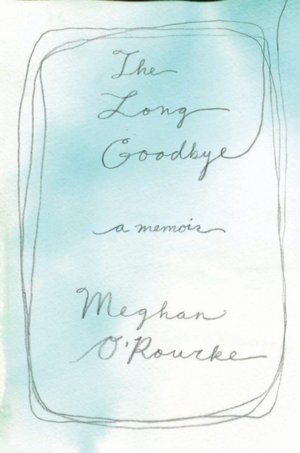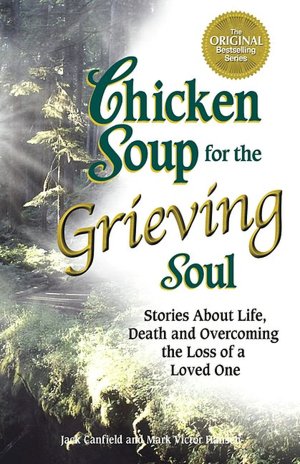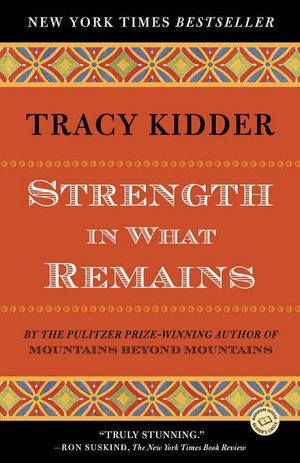By Shani Gilchrist Late last week I became fed up. After a particularly pleasant morning out, I came home to catch up on some work in my office. As is my habit, I breezed by my personal Facebook account for a peek at what my community of friends and acquaintances were discussing. Instead of the usual banter about lunch, charitable causes, cute children, and dispatches from abroad, I was seeing words like moron, liar, fool, dirty socialist, racist, stupid, self-righteous, and enemy.
My mood went swirling to the ground. The next thing I knew, I was furiously typing a status update that was the equivalent of throwing a hissy-fit and stomping out of the room.
My reaction was not the result of a few minutes worth of perusing social media channels. For months the vitriol and fire-breathing had been building across the internet as state and local political campaigning waged on. The feeling was that of being trapped in the center of a growing and sustaining angry mob. The seething posts were coming from waitresses, physicians, salesmen, college students, CFOs, and housewives. People from every walk of life. People whom I and my diverse little family see out and about on any given day were spewing anger in every direction in a way that I’ve never experienced. It is as if people were taking the opportunity to publicly and arbitrarily hurl the ugly, insulting thoughts that we normally hide in that little pocket behind the bitter part of our tongues in the name of politics. People are now using the guise of politics to inflict their fears on others, using social media, that great living room that is supposed to bring us together on equal footing, to turn on each other. Fear and suspicion boils over into grabbing and clawing to bring everyone to the same level in a downward trajectory. Is it really possible for all of these people to seemingly hate their peers over differing political opinions?
In most cases, the answer is no.
As an adult, I now realize that when I was in middle school and the local “mean girl” would pile on me with verbal blows it had little to do with me. It had more to do with her feeling of powerlessness around the girls with the deeper, more historic bonds of friendship than it did her actual feelings about what my hair looked like that day. What we are experiencing here is the exact same thing. We are coming out of a frightening economic time, and while many of us have jobs again, none of us know with any certainty that those jobs will still exist for us in 1, 5 or 10 years. Despite the sensational headlines from today’s more biased news outlets, this is an affliction that reaches across every socio-economic level. Family fortunes have dried up, leaving college-age former beneficiaries faced with the possibility of dropping out of school. Parents who once had associate or managerial jobs are working in retail and unable to get full-time hours because the industry rarely allows for that anymore. Upper level managers are buried in the debt incurred during the year that they lived without income. The days of knowing that your job will be there for you until the pension is cashed in are long gone. Now people are just hoping that their departments will be intact this time next year.
Talk about a feeling of powerlessness. So now, here we are, bullying each other over the thing that is supposed to unite us… our ability to have an opinion and respect others for the same. Today’s politicians are constantly in our line of vision, so it is easy to pile hopes and beliefs into a small group of people who appear to mirror the thoughts in one’s head. Such action, however, takes away the fact that these politicians are getting up every morning to do a job. It used to be that these politicians would take aim at each other on camera and in chambers, then later that evening see each other at social events and spend at least a few minutes in truly cordial chatter. In many cases, opposing politicians were actually friends after hours. Every now and then there would be a good-humored poke at someone’s political stance, but then they’d have another drink, tell another joke, and go home to prepare for the next day’s work. This has all changed over the past 20 years. As the old guard of politicians began to thin out, a new, cliquey breed appeared just in time for the birth of the 24-hour news cycle. Almost every newspaper columnist in the country has at some point mourned the loss of civility in Washington, and now that many of the issues being debated have caused a more palpable sting for citizens, that loss of civility has crossed the beltway into our everyday relationships.
Civility hit a new low this year in America. Something that became painfully clear to me recently when my kindergartener came to me hurting because a classmate had told him that he was “bad” for liking a presidential candidate whom the 6-year-old had declared was a “bad person.”
Can we help each other heal from the wounds we’ve inflicted on each other? The girl who piled on me about my hair is now a highly regarded adult, known for being fun and kind, and with a successful job that allows her to be an advocate for her community. Like most people who make it out of middle school, she eventually grew out of her insecurities by taking the focus off of what was wrong with the people around her and placing it on enjoying them. Last night I timidly peeked at my Facebook page and breathed a sigh of relief when I saw that things seemed to have settled down. There were a few comments about the recent mean-spiritedness that tells me that people may have snapped awake to the fact that hurt was being inflicted where it need not be. The adolescent pounding has slowed, and perhaps we can start to enjoy each other again.






























